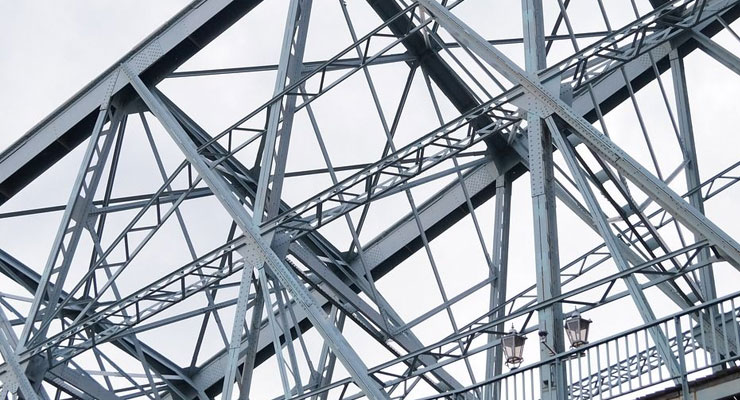Fabrication work refers to the process of creating metal structures or components through cutting, bending, welding, and assembling processes. These services are often tailored to meet specific client requirements and are crucial across various industries, including construction, manufacturing, aerospace, automotive, and more. Here's an overview of different types of fabrication work typically offered based on client drawings and specifications:

Involves cutting, bending, and assembling sheet metal to create various components.
Commonly used in manufacturing enclosures, panels, brackets, and machine components.
Processes include laser cutting, plasma cutting, bending, punching, and welding.
Fabrication of structural steel components for buildings, bridges, and industrial structures.
Includes beams, columns, trusses, and frameworks.
Techniques include cutting, drilling, welding, and bolting.
Fabrication of piping systems for industrial applications, including oil and gas, chemical processing, and water treatment.
Involves cutting, threading, bending, and welding pipes to create complex pipe networks and assemblies.
Various welding techniques are used to join metal components together securely.
Types of welding include MIG (Metal Inert Gas), TIG (Tungsten Inert Gas), arc welding, argon welding and spot welding.
Used in fabrication for structural integrity and durability.
Tailored fabrication services to meet specific client designs and requirements.
Includes custom parts, prototypes, and one-off projects.
Involves collaboration with clients to interpret drawings and specifications.
Fabrication of components using aluminum alloys.
Lightweight and corrosion-resistant, suitable for aerospace, automotive, and marine applications.
Processes include cutting, machining, forming, and welding.
Fabrication of components using stainless steel alloys.
Known for its strength, corrosion resistance, and aesthetic appeal.
Used in food processing, pharmaceuticals, architectural elements, and industrial equipment.
Rapid fabrication of prototypes to test and validate designs.
Helps in refining designs before full-scale production.
Utilizes rapid prototyping technologies and skilled craftsmanship.
Precision machining of metal components using CNC machines.
Includes milling, turning, drilling, grinding, and EDM (Electrical Discharge Machining).
Provides high accuracy and repeatability for critical components.
Assembly of fabricated components into finished products or sub-assemblies.
Integration of mechanical, electrical, and electronic components.
Ensures functionality and compliance with client specifications.
Surface treatment to enhance aesthetics and performance.
Includes painting, powder coating, anodizing, plating, and polishing.
Provides corrosion resistance, durability, and decorative finishes.
Rigorous quality control processes to ensure adherence to specifications.
Inspection of dimensions, tolerances, and material properties.
Certifications and documentation as per industry standards.